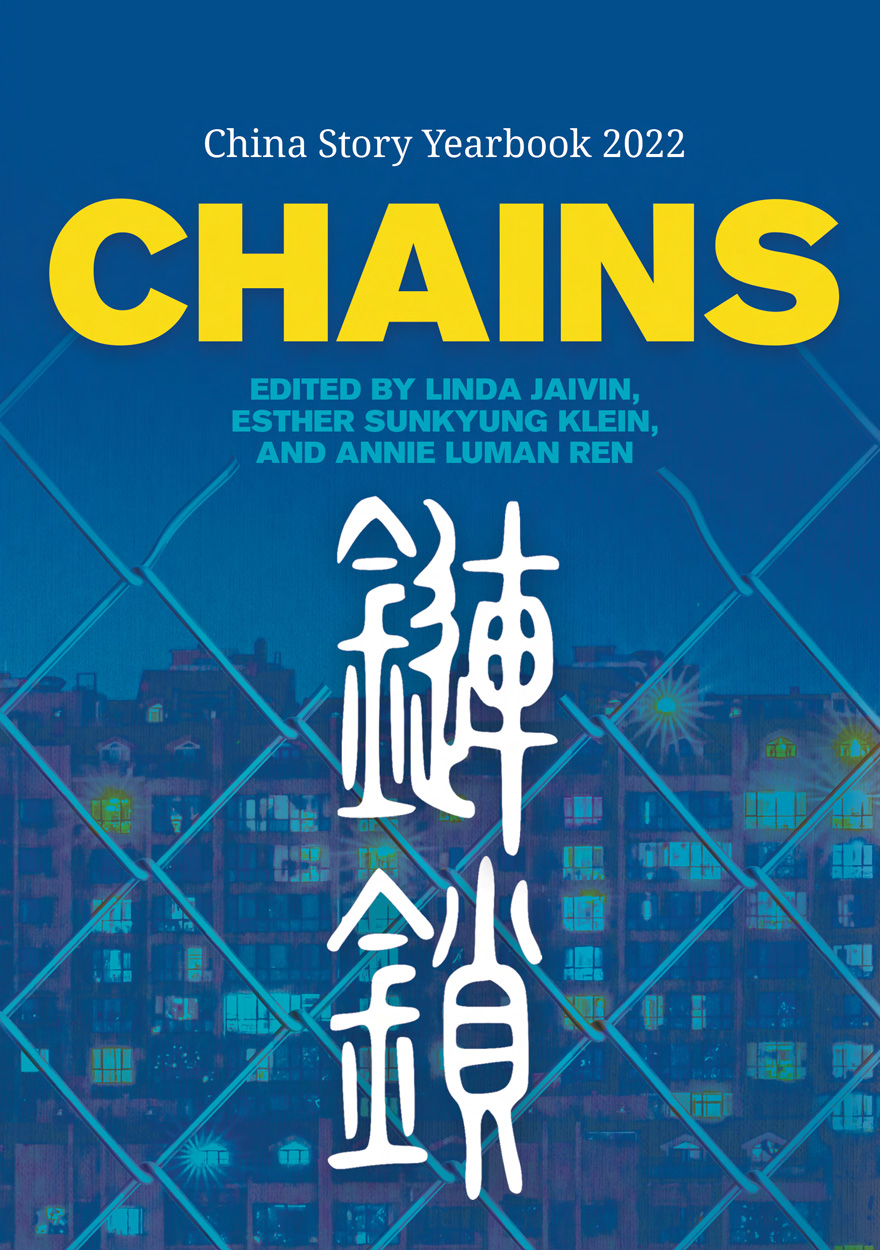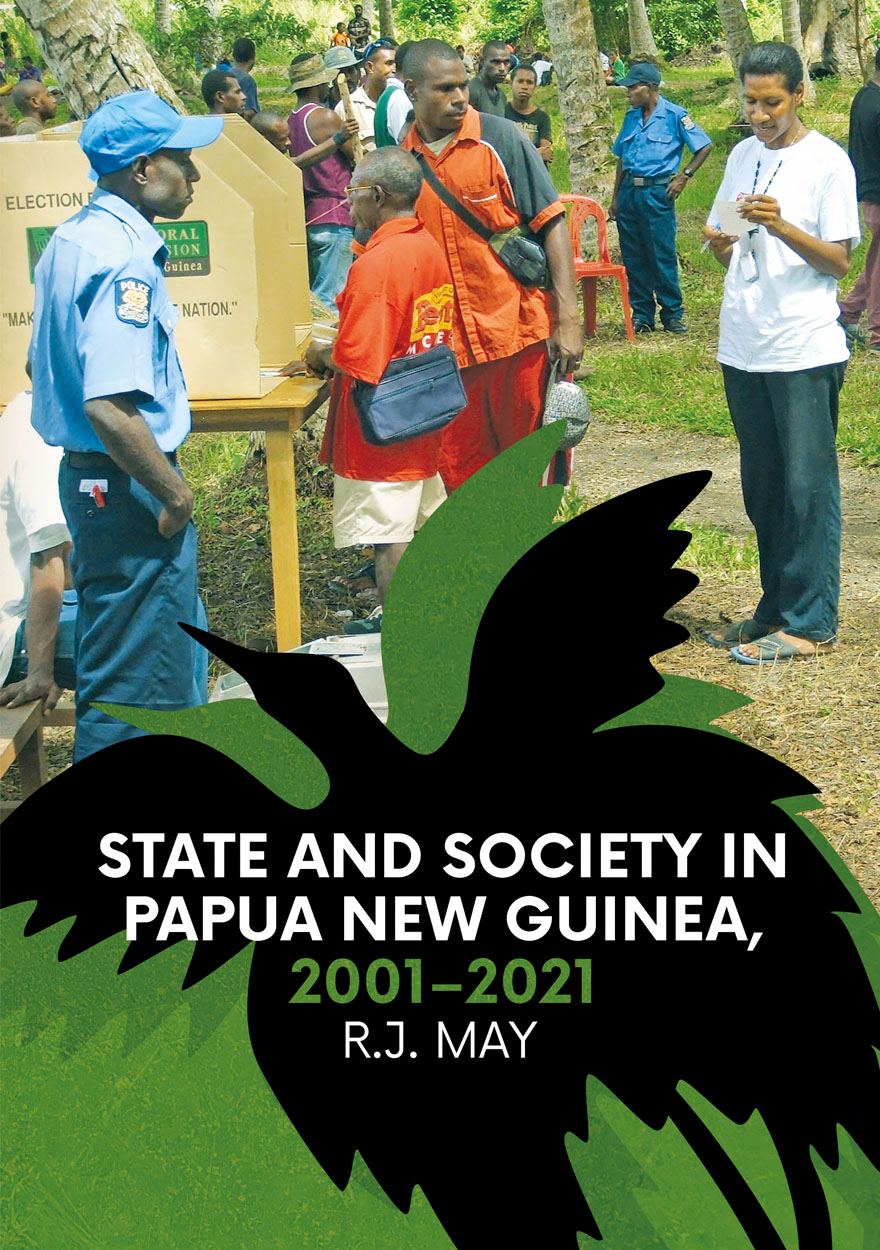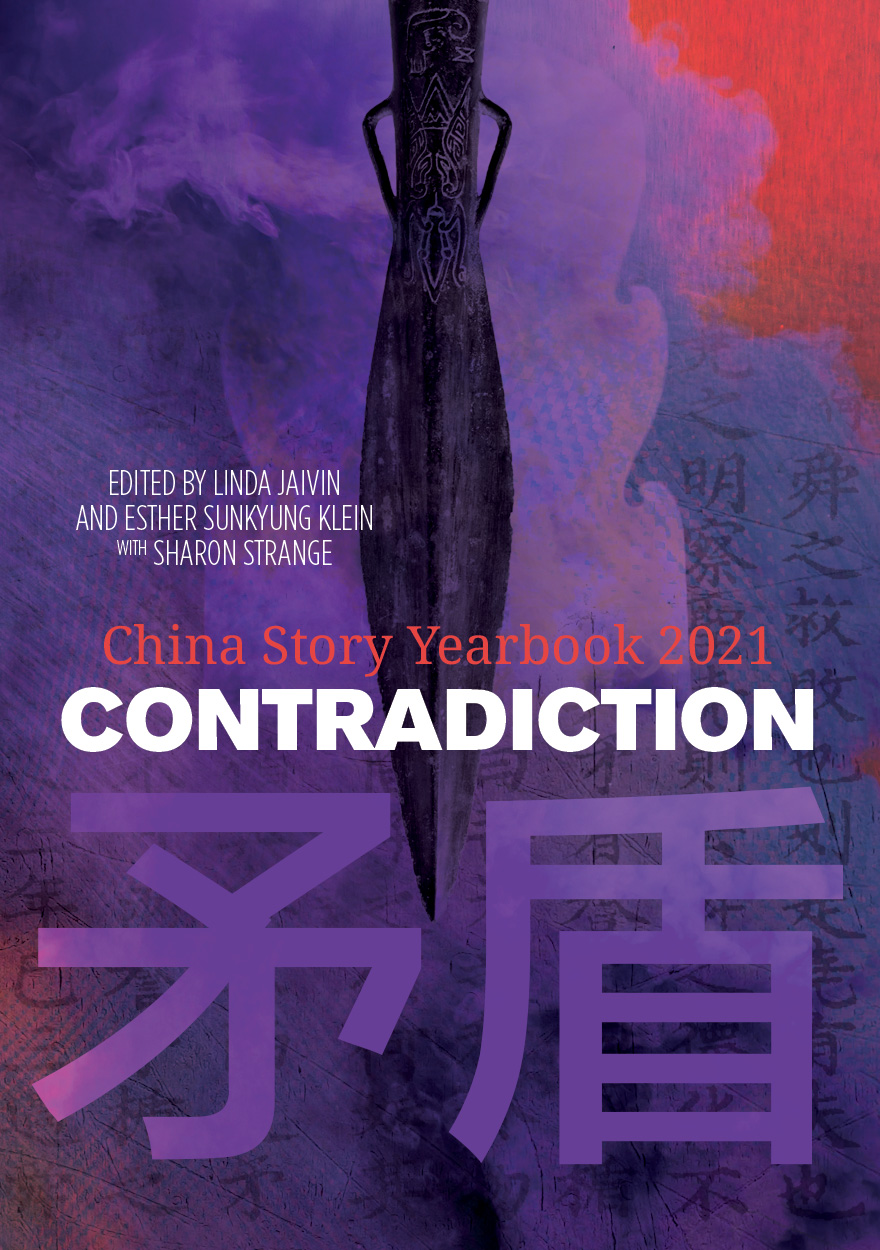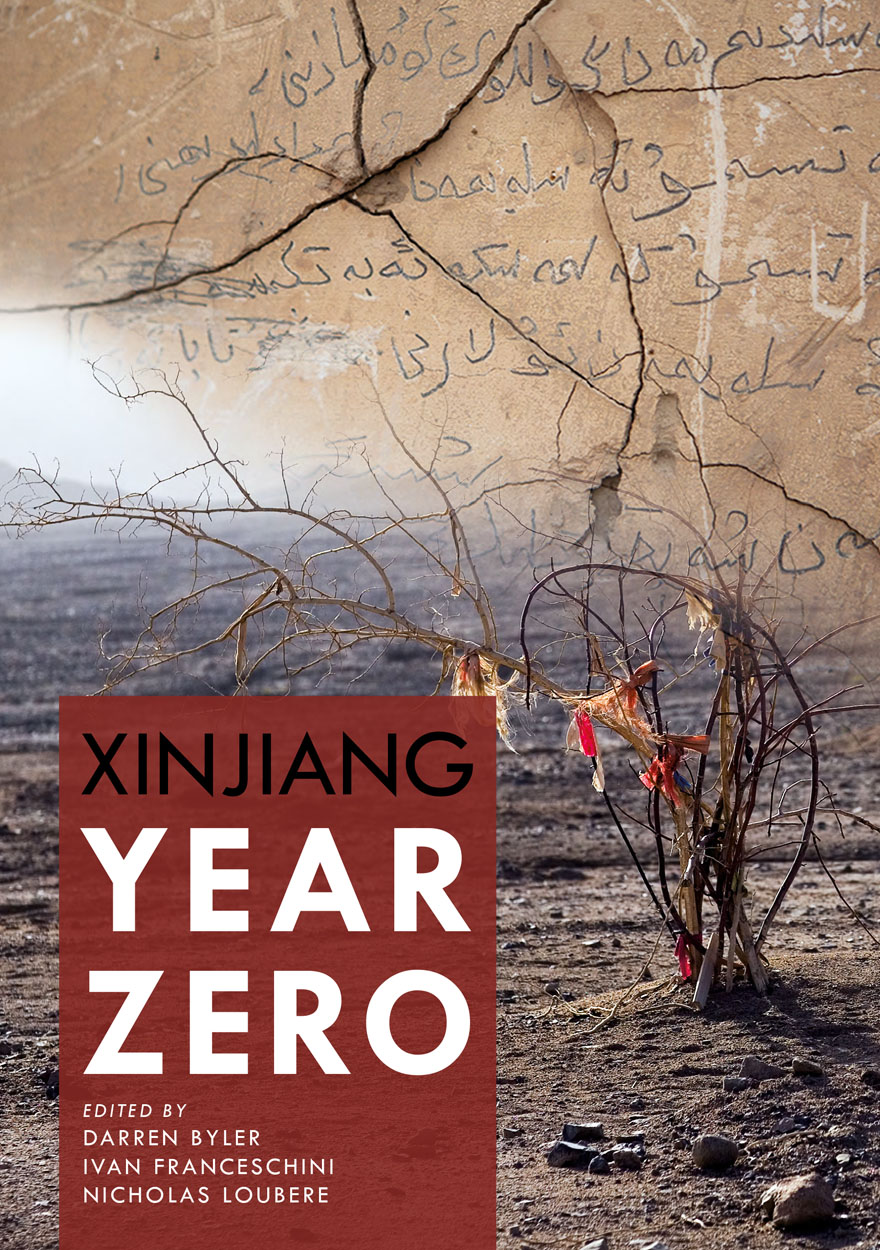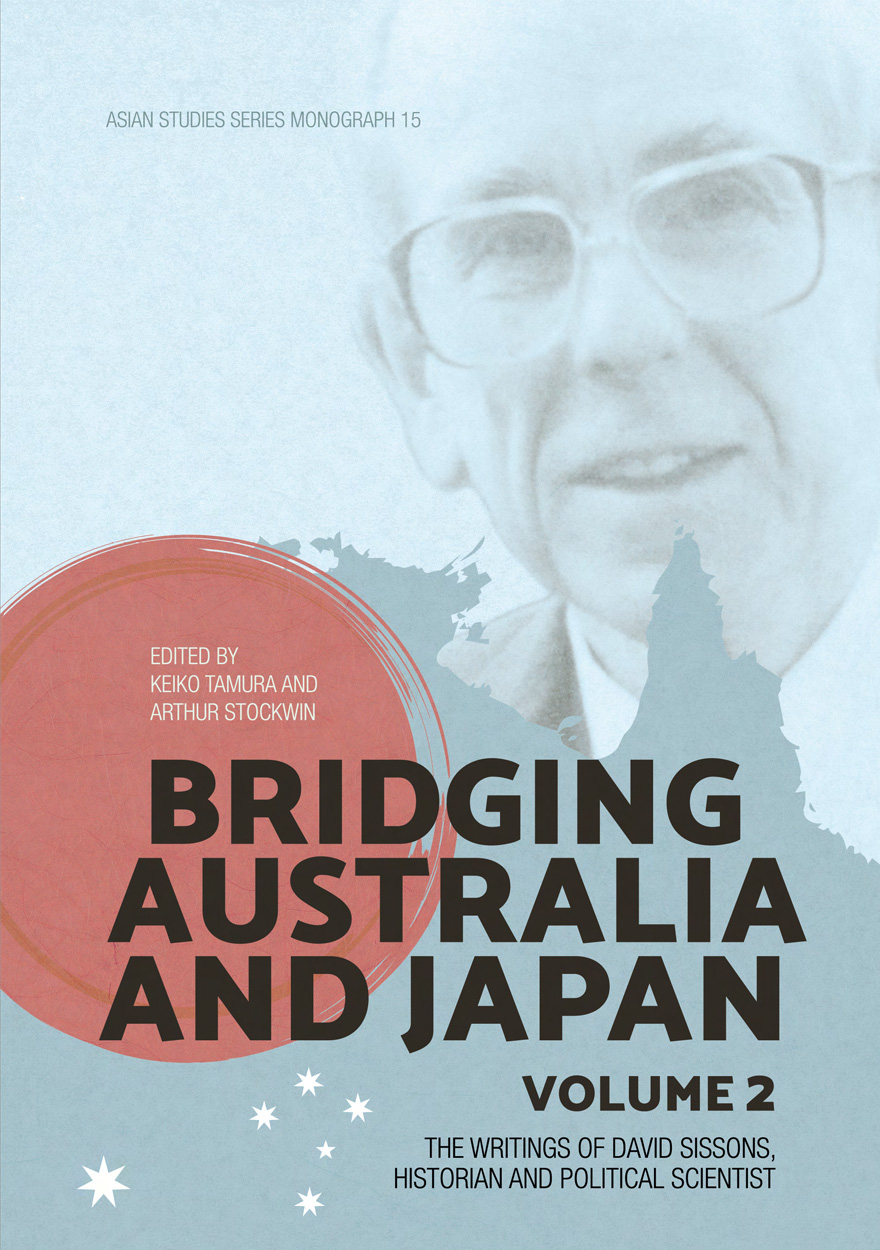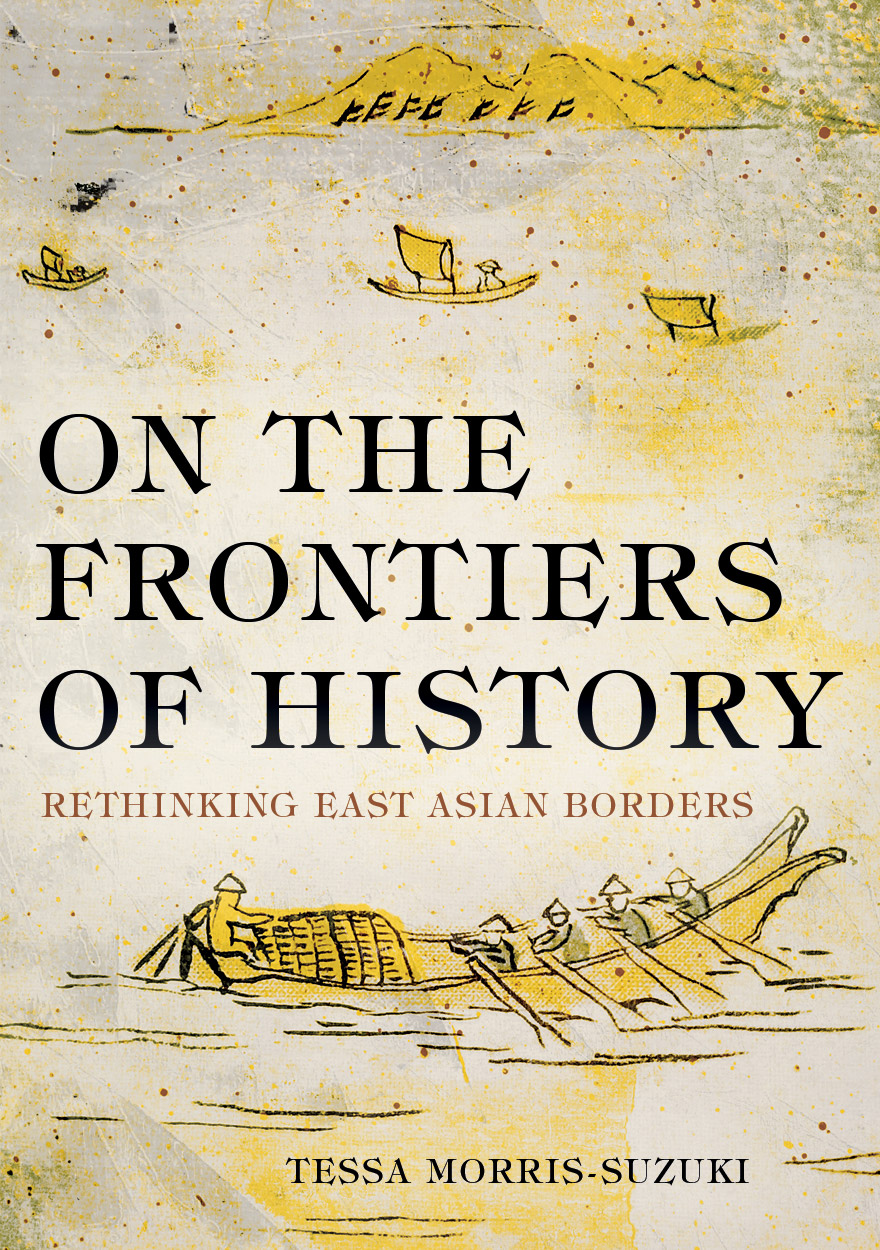
State and Society in Papua New Guinea
The First Twenty-Five Years
Authored by: R.J. MayPlease read Conditions of use before downloading the formats.
Description
On the eve of Papua New Guinea’s independence in 1975 there were many – both within the country and outside – who predicted political anarchy, with the possibility of an army coup or authoritarian single-party dominance, and economic collapse. Such fears appeared to have been justified when in 1975 both the North Solomons (Bougainville) and Papua unilaterally declared their independence. In fact, however, PNG achieved a smooth transition, and in its first decade as a new state enjoyed a high degree of political and economic progress. It remains one of the few post-colonial states that has maintained an unbroken record of democratic government.
Nevertheless, from around the mid-1980s a number of problems have become apparent, including: a decline in government capability; increasing problems of urban and rural lawlessness; poor economic management, with growing evidence of nepotism and corruption; environmental degradation associated with mining and logging, and increasing pressure on land; and, from 1988, a rebellion on Bougainville.
This volume brings together a number of papers written by the author between 1971 and 2001 which address issues of political and economic development and social change in Papua New Guinea.
Dr R.J. May is a senior fellow in the Department of Political and Social Change, Research School of Pacific and Asian Studies at The Australian National University. He was formerly a senior economist with the Reserve Bank of Australia and later foundation director of IASER in PNG (now the National Research Institute). In 1976 he was awarded the Independence Medal for his services to banking and research in PNG.
Details
- ISBN (print):
- 9781920942069
- ISBN (online):
- 9781920942052
- Publication date:
- May 2004
- Imprint:
- ANU Press
- DOI:
- http://doi.org/10.22459/SSPNG.05.2004
- Disciplines:
- Arts & Humanities: Cultural Studies, History; Social Sciences: Politics & International Studies, Social Policy & Administration
- Countries:
- Australia; Pacific: Papua New Guinea
PDF Chapters
State and Society in Papua New Guinea »
Please read Conditions of use before downloading the formats.
- Introduction: Papua New Guinea at twenty-five (PDF, 38KB)
- Port Moresby and the bush: Papua New Guinea’s first post-independence decade (PDF, 45KB)
- Political style in modern Melanesia (PDF, 32KB)
- Micronationalism in Papua New Guinea (PDF, 137KB)
- The Political Education Programme (PDF, 47KB)
- Class, ethnicity, regionalism and political parties (PDF, 47KB)
- Decentralisation: constitutional form and political reality (PDF, 61KB)
- Decentralisation: two steps forward, one step back (PDF, 69KB)
- (Re?)Discovering Chiefs: Traditional authority and the restructuring of local-level government in Papua New Guinea (PDF, 83KB)
- The PNGDF in troubled times (PDF, 23KB)
- The military factor in the events of March 1997 (PDF, 22KB)
- Challenging the State (PDF, 45KB)
- The Bougainville Crisis (PDF, 32KB)
- ‘Mutual respect, friendship and cooperation’? The Papua New Guinea-Indonesia border and its effect on relations between Papua New Guinea and Indonesia (PDF, 108KB)
- From promise to crisis: a political economy of Papua New Guinea (PDF, 54KB)
- State, society and governance: A Philippines–Papua New Guinea comparison (PDF, 58KB)
- Nugget, Pike, et al.: The role of the Reserve Bank of Australia in Papua New Guinea’s decolonisation (PDF, 79KB)
- Nationalism and Papua New Guinea writing (PDF, 33KB)
Other publications that may interest you





